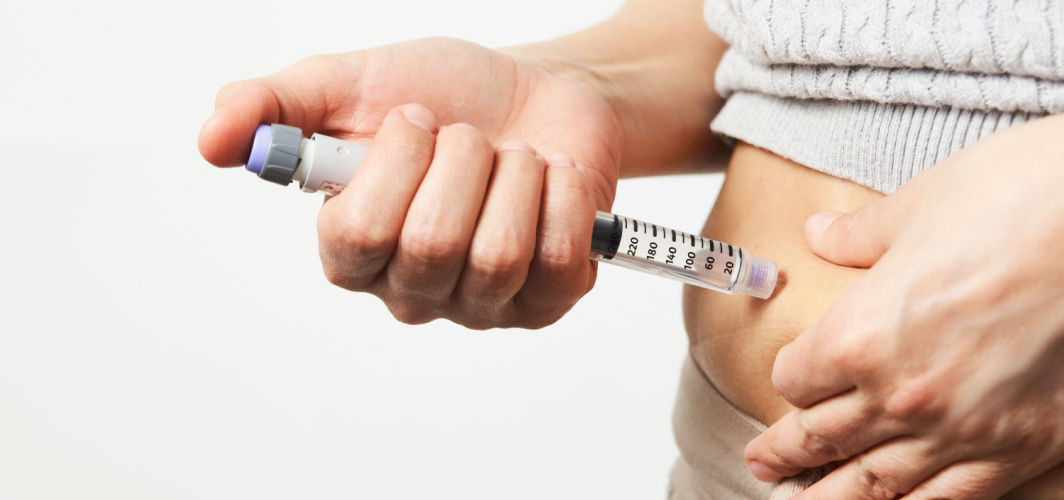Diabetes Management
Pomegranates and Diabetes: The Sweet Side of Diabetes Management
1 min read
By Apollo 24|7, Published on - 13 August 2024
Share this article
0
0 like
.jpg?tr=q-80)
When it comes to managing diabetes, the food you consume plays a significant role. One such food item is pomegranate, a fruit well-known for its health benefits. But when managing diabetes, is pomegranate a friend or foe? Let's delve into the nutritional benefits of pomegranates and the best ways to incorporate them into your diet.
Nutritional Profile and Benefits of Pomegranates
Pomegranates are praised for their low Glycaemic Index (GI), making them a suitable food item for diabetes management. They are nutrient-dense, with essential vitamins and minerals like vitamin C, potassium, and folate. Their rich antioxidant content can help reduce inflammation and oxidative stress, often linked to diabetes complications. Research also suggests their potential to lower blood sugar levels and improve insulin sensitivity.
Incorporating Pomegranates in Your Diet
Eating whole pomegranates, including the seeds (arils), helps maximise nutrient intake. Drinking pure pomegranate juice without added sugars can also be beneficial. You can add pomegranate seeds to salads, yoghurt, or smoothies for an extra nutritional punch. Remember that moderation is key when consuming pomegranates to avoid excessive sugar intake.
Managing Diabetes with a Holistic Approach
While incorporating beneficial foods like pomegranates is essential, managing diabetes requires a holistic approach. Regular exercise, a balanced diet, and proper monitoring of your blood sugar levels are crucial. It's here that the Apollo Super 6 programme can step in as a trusted companion in your journey towards effective diabetes management. Consider enrolling in this programme to take charge of your health.
Diabetes Management
Consult Top Diabetologists
View AllLeave Comment
Recommended for you

Diabetes Management
The Vital Nutrients and Their Connection to Diabetes
Deficiencies in certain nutrients like vitamins A, C, D, E, and B vitamins can contribute to the onset and progression of diabetes. Ensuring an adequate intake of these nutrients through a well-balanced diet can assist in better glycemic control.
.jpg?tr=q-80)
Diabetes Management
Practical Tips for Managing Diabetes and Gluten Intolerance
Managing diabetes along with gluten intolerance need not be daunting. From understanding your diet needs to reading labels diligently, controlling blood sugar levels and seeking professional help, each step counts towards successful management. With patience, creativity and the right support such as the Apollo Super 6 programme, living healthily is within reach.

Diabetes Management
How to Test for Insulin Resistance
To test for insulin resistance as a diabetic, common methods include fasting glucose and insulin tests. These help assess how your body manages blood sugar. Pay attention to risk factors like age, family history, and lifestyle. If diagnosed, focus on lifestyle changes—adopt a balanced diet, engage in regular exercise, and monitor your blood sugar levels. Early detection is key to effective management, empowering you to make informed choices for better health. Always consult with your healthcare provider for personalised guidance.
Subscribe
Sign up for our free Health Library Daily Newsletter
Get doctor-approved health tips, news, and more.
Visual Stories

8 Fruits That are Incredibly Healthy for Diabetes
Tap to continue exploring
Recommended for you

Diabetes Management
The Vital Nutrients and Their Connection to Diabetes
Deficiencies in certain nutrients like vitamins A, C, D, E, and B vitamins can contribute to the onset and progression of diabetes. Ensuring an adequate intake of these nutrients through a well-balanced diet can assist in better glycemic control.
.jpg?tr=q-80)
Diabetes Management
Practical Tips for Managing Diabetes and Gluten Intolerance
Managing diabetes along with gluten intolerance need not be daunting. From understanding your diet needs to reading labels diligently, controlling blood sugar levels and seeking professional help, each step counts towards successful management. With patience, creativity and the right support such as the Apollo Super 6 programme, living healthily is within reach.

Diabetes Management
How to Test for Insulin Resistance
To test for insulin resistance as a diabetic, common methods include fasting glucose and insulin tests. These help assess how your body manages blood sugar. Pay attention to risk factors like age, family history, and lifestyle. If diagnosed, focus on lifestyle changes—adopt a balanced diet, engage in regular exercise, and monitor your blood sugar levels. Early detection is key to effective management, empowering you to make informed choices for better health. Always consult with your healthcare provider for personalised guidance.

